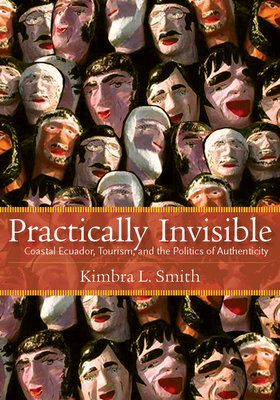Expedite your nonfiction book discovery process with Readara interviews, summaries and recommendations, Broaden your knowledge and gain insights from leading experts and scholars
In-depth, hour-long interviews with notable nonfiction authors, Gain new perspectives and ideas from the writer’s expertise and research, Valuable resource for readers and researchers
Optimize your book discovery process, Four-to eight-page summaries prepared by subject matter experts, Quickly review the book’s central messages and range of content
Books are handpicked covering a wide range of important categories and topics, Selected authors are subject experts, field professionals, or distinguished academics
Our editorial team includes books offering insights, unique views and researched-narratives in categories, Trade shows and book fairs, Book signings and in person author talks,Webinars and online events
Connect with editors and designers,Discover PR & marketing services providers, Source printers and related service providers

Practically Invisible: Coastal Ecuador, Tourism, and the Politics of Authenticity
Social Science > Anthropology - Cultural & Social
- Vanderbilt University Press
- Hardcover
- 9780826520562
- 10 X 6.9 X 0.9 inches
- 1.45 pounds
- Social Science > Anthropology - Cultural & Social
- (Single Author) Asian American
- English
Readara.com
Book Description
Thus came a nearly inevitable shock, as the daily rhythms of life--rising before dawn to prepare for a long day of maintaining livestock and crops; returning for a late lunch and siesta; joining in a game of soccer followed by dinner in the evening--transformed forever in favor of a new tourist industry and the compromises required to support it. As Practically Invisible demonstrates, for Agua Blancans, becoming a supposedly authentic version of their own indigenous selves required performing their culture for outsiders, thus becoming these performances within the minds of these visitors. At the heart of this story, then, is a delicate balancing act between tradition and survival, a performance experienced by countless indigenous groups.
Author Bio
Dr. Kimbra Smith (PhD University of Chicago 2001; AB Princeton University 1992) is a cultural anthropologist with longstanding interests in both archaeology and applied anthropology. She has been conducting research in Ecuador and Peru since 1991, and currently works primarily with coastal Ecuadorian indigenous communities.
Dr. Smith's research looks at the complex processes of producing collective memory and developing strategies that enable communities to negotiate around and within oppressive political and economic systems. Her research interests include the anthropology of (local) knowledge and the production of authority; the interrelations of history, memory, representation, and power; and the implications of performance, constructions of interpracticality, and interpretive drift for practice theory.
Her theoretical research to date has considered the politics of cultural production and political uses of archaeology in the Andes; the production of racialized geographies in Ecuador; the politics of value and the concept of authenticity; and fluidity and the creation of fields of interactive practice as indigenous methodologies of decolonization.
Dr. Smith's ongoing applied projects include a community-based initiative to produce alternative pedagogies for rural indigenous schools in Ecuador, development of local applied community theatre projects, and initiatives increasing access to and knowledge of labor rights for immigrant workers within the U.S. She also organized an international conference (2004) that brought together researchers, artisans, and indigenous community members from northern Peru and southern Ecuador for the first time.
Her first book, Practically Invisible: Coastal Ecuador and the Politics of Authenticity, is forthcoming from Vanderbilt University Press. In January 2015, she will begin research in Barcelona, Spain, on the potential for applied community theatre to reveal shared experience and enhance empathy among participants from different backgrounds.
Source: University of Colorado Colorado Springs
Videos




Community reviews
No Community reviews

